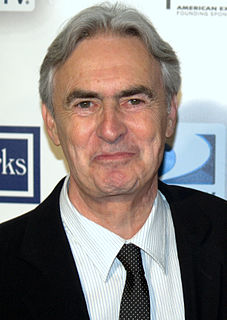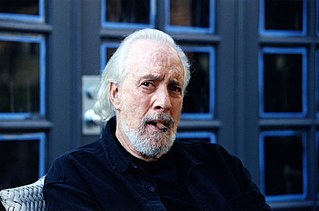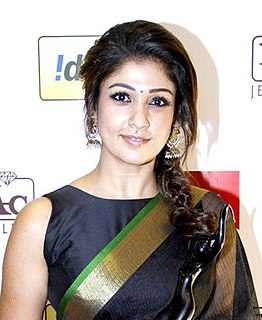A Quote by Arjun Rampal
When I was in New York, a lot of my friends were studying filmmaking and would bring their scripts to me, as I was a good script doctor. I would read their scripts and make corrections to them for $20 per script and was fascinated by films.
Quote Topics
Related Quotes
A lot of actors choose parts by the scripts, but I don't trust reading the scripts that much. I try to get some friends together and read a script aloud. Sometimes I read scripts and record them and play them back to see if there's a movie. It's very evocative; it's like a first cut because you hear 'She walked to the door,' and you visualize all these things. 'She opens the door' . . . because you read the stage directions, too.
I think I read films having grown up around the pre-production and post-production aspect of the filmmaking medium, a lot more than most young people who are in acting would have experienced. I do think about scripts in a different way. I can't just read a script as an actor. I don't know how to do that.
A good script is like a work of art in itself. I've read hundreds of scripts, and good ones are very rare. If the writer has something to say, and a voice, and a plot that matches character, and an emotional trajectory that works, then I'd be an idiot to fool around with it. It's just that few scripts ever are like that.
The one thing you know when you're shooting a script - and I've been on a lot of sets - is space is in a script, and the distance between the page and the stage is so enormous that it is unbelievable how even the brightest people can misread your intent or not see it altogether. Scripts have air in them. Scripts are supposed to leave things up to interpretation, but people can misread things enormously, so sometimes it's just a matter of wanting to put on the screen what you had in mind.
When you start out as an actor, you read a script thinking of it at its best. But that's not usually the case in general, and usually what you have to do is you have to read a script and think of it at its worst. You read it going, "OK, how bad could this be?" first and foremost. You cannot make a good film out of a bad script. You can make a bad film out of a good script, but you can't make a good film out of a bad script.
When the first emperor wanted to unify the country, one of the major policies was to create one system of written signs. By force, brutal force, he eliminated all the other scripts. One script became the official script. All the others were banned. And those who used other scripts were punished severely. And then the meanings of all the characters, over the centuries, had to be kept uniform as a part of the political apparatus. So from the very beginning the written word was a powerful political tool.
It takes a very long time to read a script. I'll look at a script, but there are so many scripts. I remember once being at the dentist, and the guy was doing my teeth and telling me about the screenplay he'd written and he said, "Will you read it?" And I said "Oh...okay." And it turns out that it was about a dentist!


































